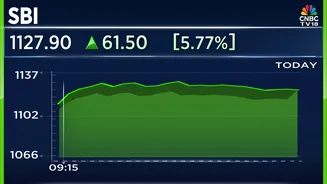EPFO's Consideration
The Employees' Provident Fund Organisation (EPFO) is contemplating a modification to the Employees' Pension Scheme (EPS-95). A critical aspect of this
potential adjustment involves a revision of the salary cap. The current upper limit for calculating pension contributions stands at Rs 15,000. However, the proposal under consideration suggests an increase to Rs 25,000. This modification, if implemented, holds substantial implications for the nation's workforce. The aim of such a change is to offer increased financial security to a large number of employees by adjusting the parameters of their pension scheme.
Who Benefits?
The proposed changes to the EPS-95 scheme directly impact a vast segment of the Indian workforce. Estimates suggest that over 6.5 crore employees stand to gain from this revision. The primary beneficiaries would be those whose salaries currently fall within the proposed new cap. This demographic includes a significant portion of the organized sector workforce in India, encompassing employees across various industries. An increase in the salary cap ensures that a larger portion of their earnings is considered for pension calculations, potentially leading to higher monthly pension amounts upon retirement. This is a crucial financial benefit for the beneficiaries and reflects a broader effort to enhance the social security infrastructure for the working population in the country.
Contribution Changes
An increase in the salary cap also impacts the contributions made towards the pension fund. The alteration from Rs 15,000 to Rs 25,000 signifies a potential shift in the amounts contributed by both employees and employers. This would result in larger monthly contributions, calculated based on the higher salary threshold. It is estimated that the monthly pension contributions might rise by approximately 66% due to this adjustment. For the employees, this change could mean increased deductions from their salaries, while employers would also contribute a larger share towards their employees' pension funds. It's imperative that the financial implications are reviewed considering both short-term and long-term aspects.
Financial Implications
The proposed adjustments to the EPS-95 scheme have significant financial implications. The increased contributions will place an additional financial burden on both employers and employees in the short term. However, the long-term advantages are quite notable. The enhanced pension contributions would accumulate a more substantial retirement corpus for each employee. This can lead to increased financial stability for retirees. Simultaneously, the EPFO would manage a larger corpus, potentially allowing for greater investment returns. The increase in the salary cap ensures that a larger portion of the income is used to build a robust retirement fund.






















